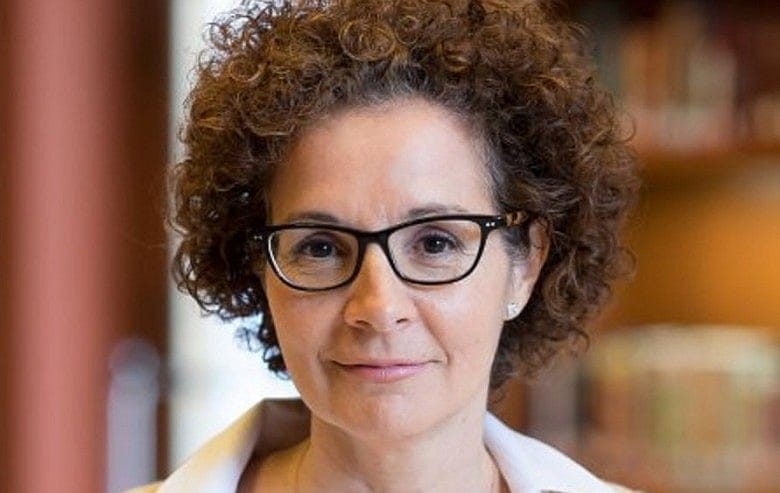Harvard struggles to clarify sexual-conduct policies

CAMBRIDGE – This week's town hall-style meeting at Harvard University, billed as an event aimed at educating undergraduates on the school's new Title IX sexual-conduct policies, managed to leave some students feeling more confused about the changes, according to a Harvard Crimson report.
The student newspaper reported that Harvard's Title IX officer, Mia Karvonides, led the discussion and focused on the new "unwelcome conduct" standards. The paper said Karvonides informed students that consent under the policy can't be assumed in the absence of the word "no" or based on "clothing, gender, race or sexual orientation."

